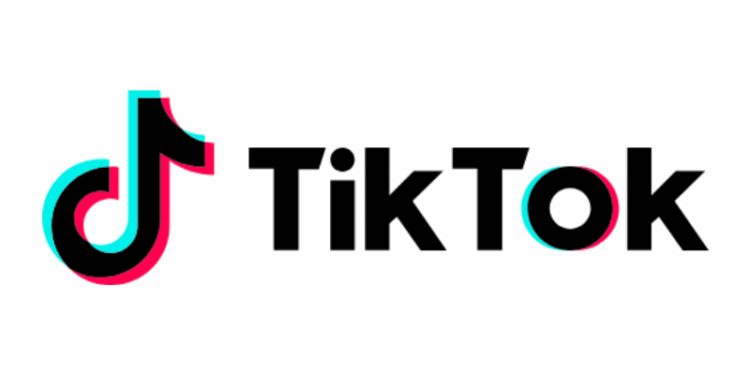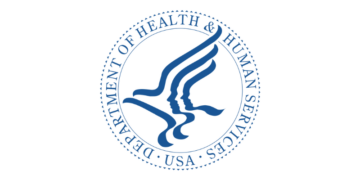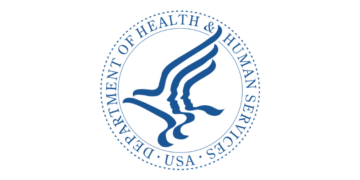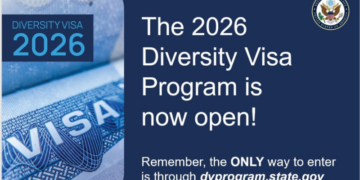On Monday, September 15th, the United States and China reached a framework agreement to secure TikTok’s future in the U.S. The deal will shift the platform to American ownership, with final terms expected when President Donald Trump meets Chinese President Xi Jinping on Friday. The agreement follows months of tense negotiations and repeated threats to ban the app.
Treasury Secretary Scott Bessent explained that “the commercial terms have been agreed upon,” crediting Trump’s involvement as key to the breakthrough. Chinese trade negotiator Li Chenggang confirmed a “basic framework consensus” but warned against U.S. measures that could limit Chinese firms. U.S. Trade Representative Jamieson Greer suggested the September 17 deadline may need to be extended to complete the deal.
ByteDance, TikTok’s parent company, has faced sharp scrutiny in Washington. In 2024, Congress passed the Protecting Americans from Foreign Adversary Controlled Applications Act, requiring ByteDance to sell its U.S. TikTok operations or face a ban. The Supreme Court upheld the law on January 17, 2025, with enforcement scheduled for January 19. Trump later issued executive orders delaying the deadline to allow divestiture talks to continue.
In a Truth Social post, Trump highlighted that a deal had been reached on a company “that young people in our Country very much wanted to save,” signaling TikTok’s significance to U.S. users.
National security is central to the deal. “We are not willing to sacrifice national security for a social media app,” Bessent emphasized. Greer added that the framework “completely respects U.S. national security concerns.” Media reports indicate Beijing pushed for broader concessions on technology and export controls, but U.S. officials maintained that protections will stay in place.
TikTok has an estimated 170 million U.S. users, with its popularity among younger audiences fueling debates over free speech, elections, and regulation in 2024. Trump has recognized the platform’s cultural influence but stressed that any agreement must protect U.S. security and international commitments. His meeting with Xi is expected to finalize the framework and define what U.S.-controlled ownership will look like.










